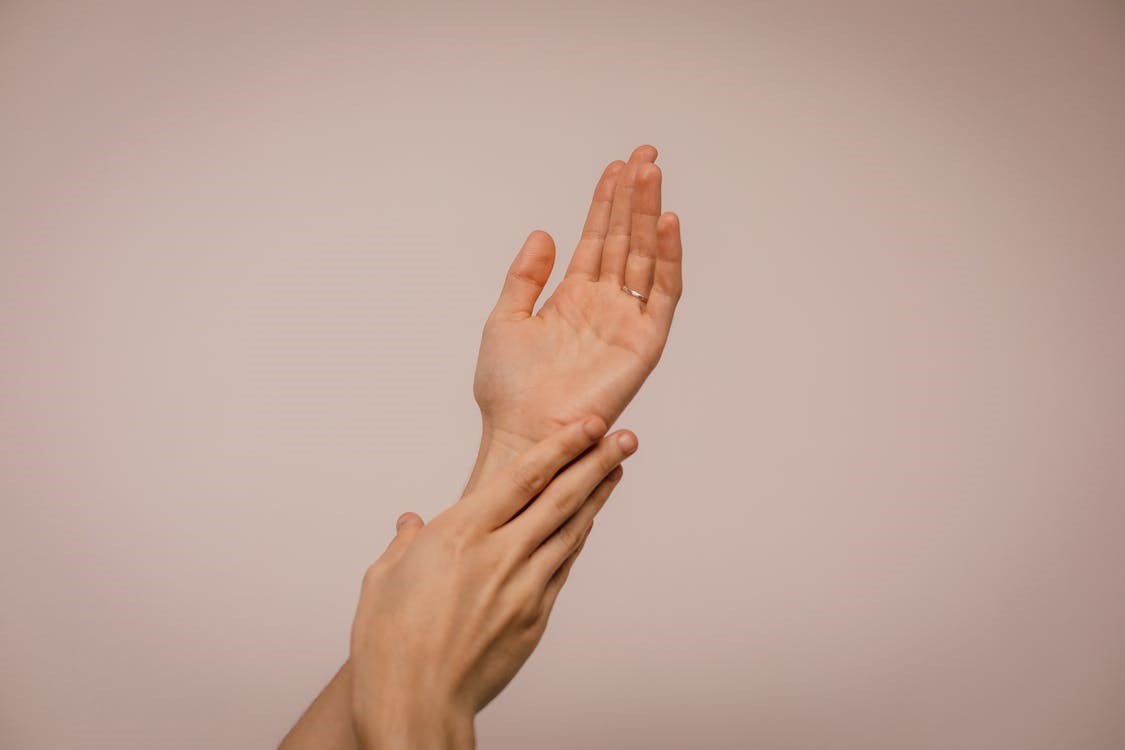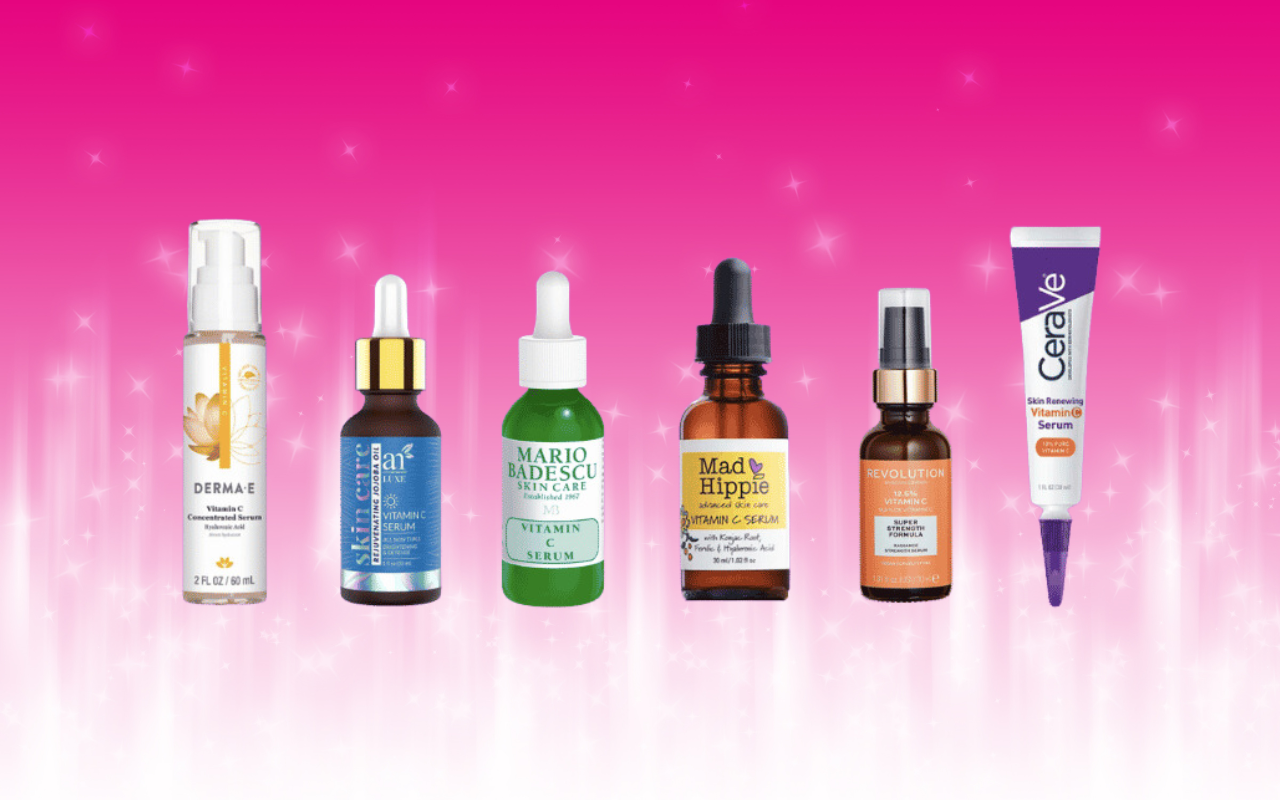Healthy skin is a reflection of overall wellness. It’s not just about the absence of blemishes or wrinkles, but also about its natural glow and vitality. Achieving and maintaining healthier-looking skin is a combination of good practices, suitable products, and lifestyle choices. This article delves into practical tips that cater to various aspects of skin health, ensuring your skin not only looks good but also feels great. From understanding your skin type to the role of diet, these insights aim to guide you towards a radiant complexion.
1. Understanding Your Skin Type: Knowing your skin type is the cornerstone of effective skincare. Whether your skin is oily, dry, combination, or sensitive, each type has its unique needs. Oily skin, characterized by excess sebum, may benefit from lightweight, non-comedogenic products. Dry skin, prone to flakiness and tightness, requires more hydrating and richer creams. Combination skin, with its mix of oily and dry areas, needs a balanced approach, often involving different products for different face zones. Sensitive skin demands hypoallergenic and gentle formulations to avoid irritation.
2. Effective Treatments for Problem Areas: Every skin has its problem areas, be it acne, wrinkles, sunspots, or cellulite. While over-the-counter products can address many issues, some conditions might require professional treatments. For instance, dealing with cellulite, a common concern, has been revolutionized by treatments like Aveli. Aveli for cellulite specifically targets the structural cause of cellulite, leading to noticeable improvements. It’s a reminder that modern dermatology offers solutions for even the most stubborn skin problems. Whether it’s through advanced treatments or daily skincare routines, addressing these problem areas can significantly enhance your skin’s appearance.
3. Importance of Hydration: Hydration is key to plump, healthy-looking skin. Dehydrated skin can look dull, feel tight, and even exacerbate the appearance of fine lines. Drinking adequate water is the first step to hydrating your skin from the inside. Topically, using products rich in hydrating ingredients like hyaluronic acid, glycerin, or ceramides can help maintain moisture levels in the skin. Applying a moisturizer immediately after showering can also trap moisture in the skin. Don’t forget to adjust your hydration needs with the changing seasons; your skin may require more moisture in the winter than in the summer.
4. Sun Protection: Exposure to the sun plays a significant role in accelerating the aging of skin and causing harm. Ultraviolet rays are known to lead to early wrinkles, dark spots on the skin, and a heightened chance of skin cancer. It’s crucial to apply a broad-spectrum sunscreen with at least SPF 30 every day, even when it’s overcast. Make sure to reapply the sunscreen every two hours, particularly during outdoor activities. In addition to sunscreen, dressing in protective clothing, wearing hats, and using sunglasses can offer extra defense for your skin. It’s important to practice sun protection routinely, not just during days at the beach.
5. Healthy Eating for Skin Health: Your diet plays a significant role in skin health. Foods rich in antioxidants, like berries, nuts, and green leafy vegetables, can help fight free radicals that cause aging. Omega-3 fatty acids, found in fish, flaxseeds, and walnuts, are great for maintaining skin’s elasticity. Stay away from excessive sugar and processed foods as they can trigger inflammation, leading to breakouts and dull skin. Hydrating foods, like cucumbers and watermelon, also contribute to skin moisture. A balanced diet, complemented with adequate water intake, lays the foundation for a radiant complexion.
6. The Role of Sleep: Sleep is often called the best beauty treatment, and for good reason. During sleep, your skin undergoes repair and regeneration. Lack of sleep can lead to a tired, dull complexion, and accentuate signs of aging like fine lines and dark circles. Aim for 7-9 hours of quality sleep each night. To enhance sleep quality, establish a relaxing bedtime routine, reduce screen time before bed, and ensure your sleeping environment is comfortable and dark. A silk pillowcase can also be beneficial, reducing friction on the skin and helping to prevent sleep lines and wrinkles.
7. Stress Management: Stress can have a profound impact on your skin, often triggering or worsening conditions like acne, rosacea, and eczema. Managing stress is therefore crucial for skin health. Techniques such as mindfulness, yoga, and regular exercise can help reduce stress levels. Additionally, ensure you have time for relaxation and hobbies that you enjoy. Skincare can also be a form of stress relief – taking time to pamper yourself with a skincare routine can be both therapeutic and beneficial for your skin.
8. Regular Exercise: Exercise isn’t just good for your body; it’s great for your skin too. Regular physical activity increases blood flow, nourishing skin cells and carrying away waste products, including free radicals. This can help to promote a healthy complexion and even slow down the aging process. Activities like yoga can also improve skin elasticity. Remember to cleanse your skin after exercise to remove sweat and bacteria and prevent clogged pores.
9. Skincare Routines: A consistent skincare routine tailored to your skin type and concerns can make a significant difference in your skin’s health and appearance. Start with the basics: a gentle cleanser, a moisturizer suitable for your skin type, and sunscreen. Then, based on your specific needs, you can incorporate serums, exfoliants, or targeted treatments. Remember, skincare is personal, and what works for one person may not work for another. It’s important to listen to your skin and adjust your routine as needed.
10. Avoiding Harmful Habits: Certain habits can be detrimental to skin health. Smoking, for instance, accelerates the aging process and can lead to a sallow, uneven complexion. Excessive alcohol consumption can dehydrate the skin and cause inflammation. It’s also important to avoid excessive sun exposure and tanning beds. Making lifestyle changes to eliminate these habits can significantly improve your skin’s health and appearance.
Conclusion:
Achieving healthier-looking skin is a combination of good skincare practices, healthy lifestyle choices, and understanding your own skin’s needs. From the basic steps of cleansing and moisturizing to the more specific aspects like managing stress and getting enough sleep, each element plays a vital role in skin health. Remember, consistency is key, and the benefits of these practices go beyond just aesthetic improvements. Healthy skin is a sign of overall well-being, and the journey to achieving it can be a rewarding one.






